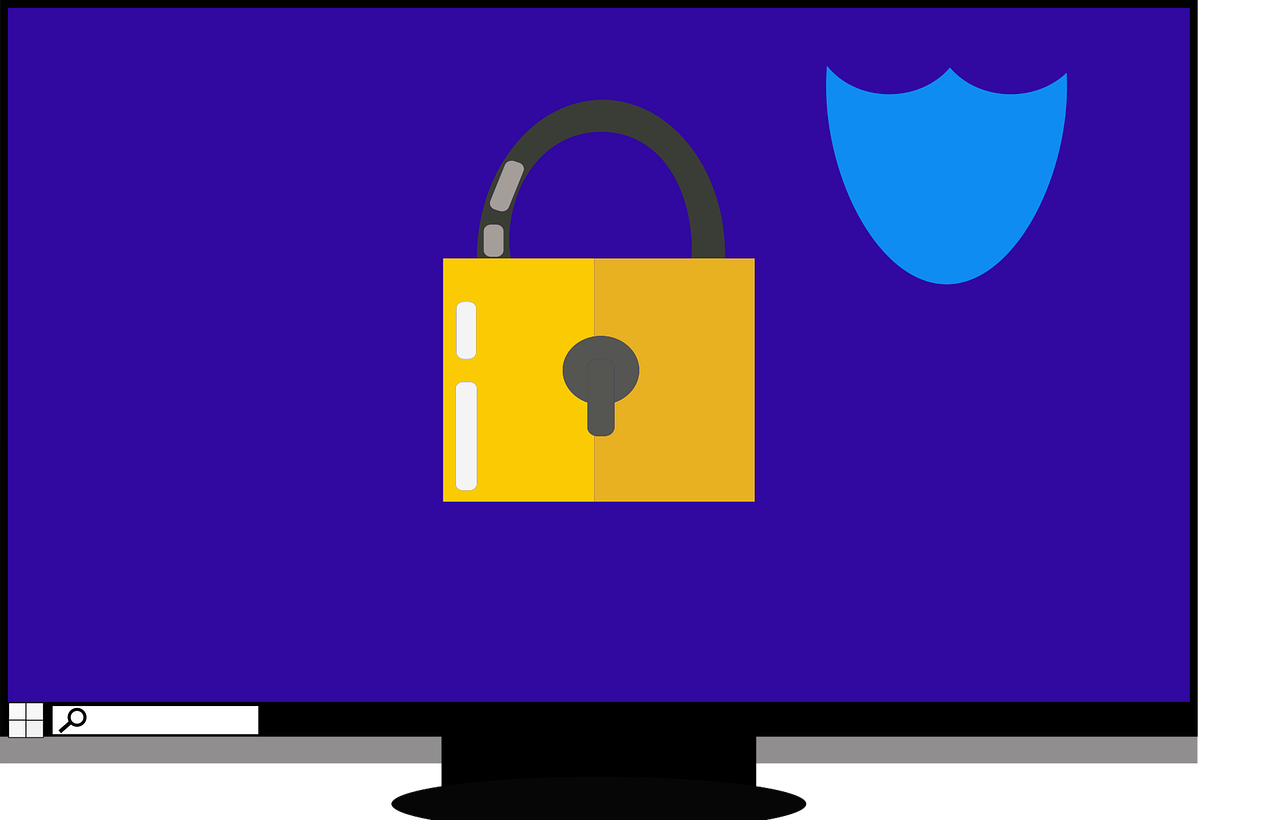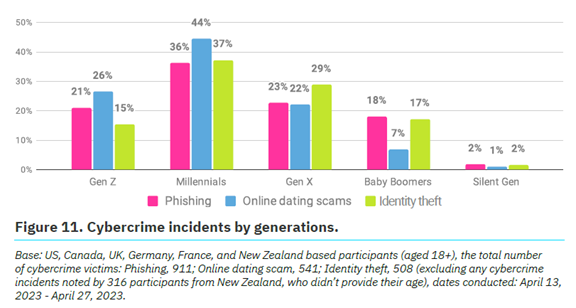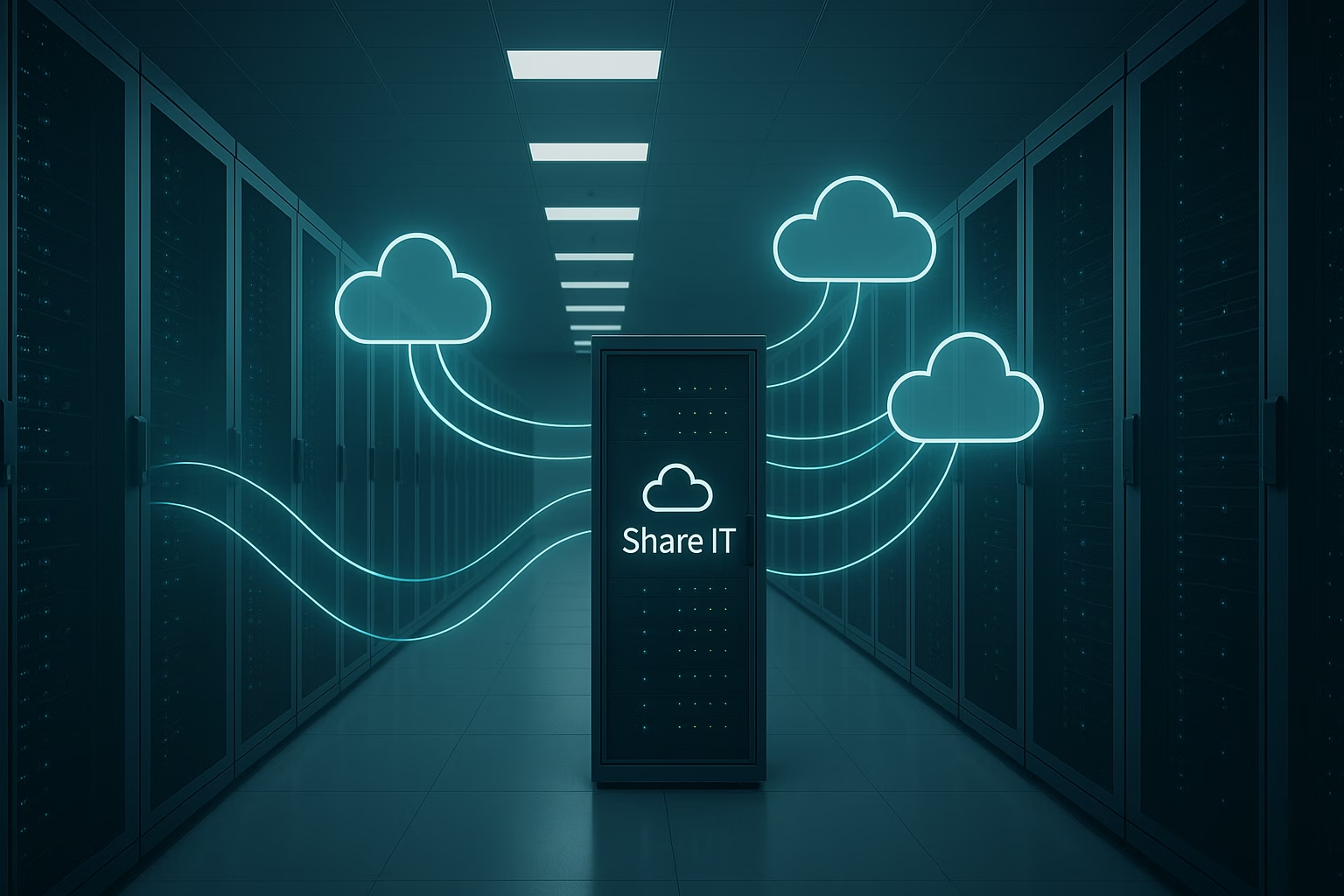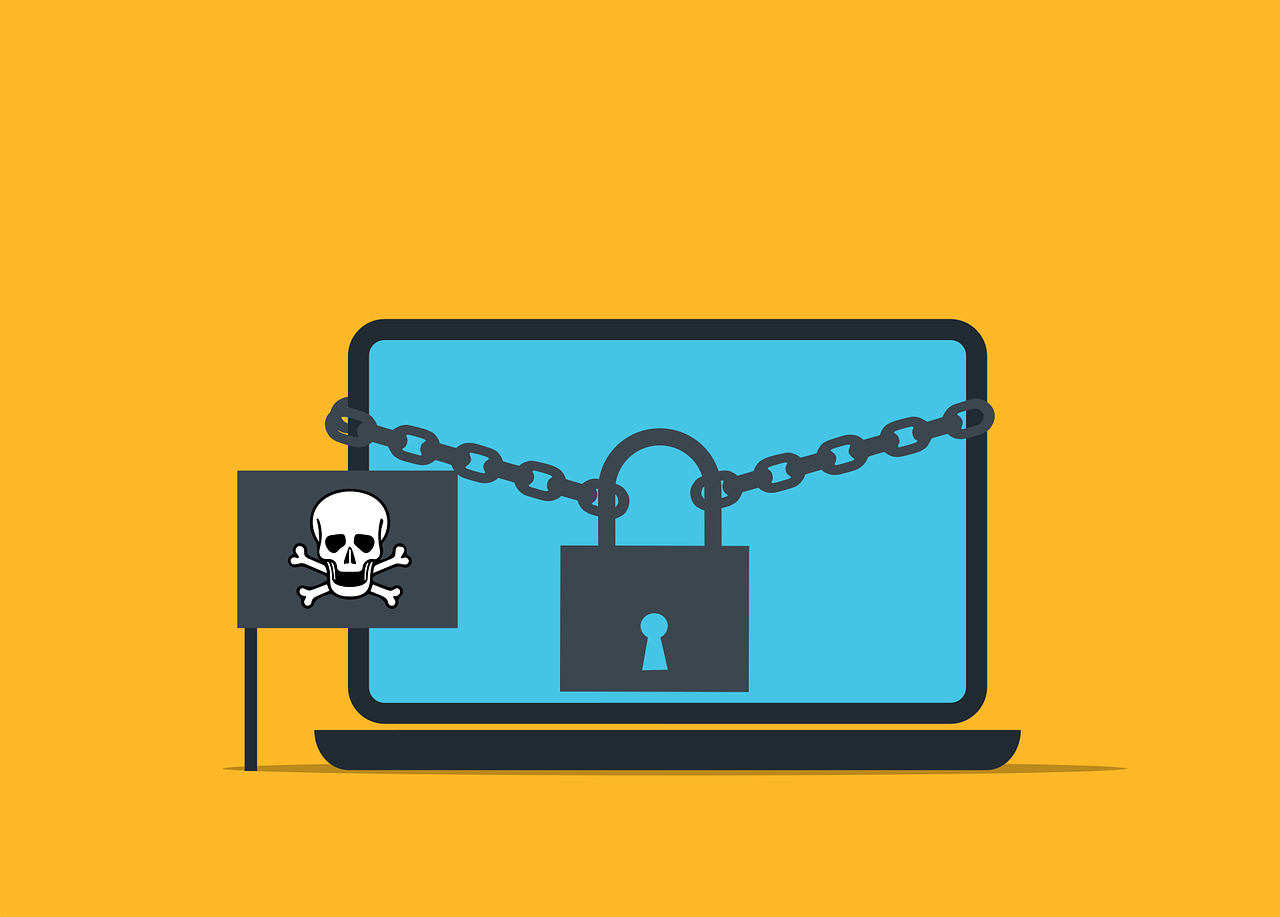

We are living in an era dominated by digital connectivity. You can’t overstate the importance of cybersecurity. As technology advances, so do the threats that lurk in the online world.
Often, it’s our own actions that leave us most at risk of a cyberattack or online scam. Risky behaviors include weak passwords and lax security policies. As well as thinking “This won’t happen to me.” This is why human error is the cause of approximately 88% of data breaches.
The National Cybersecurity Alliance and CybSafe are working to correct poor cyber hygiene. Each year, the duo publishes a report on cybersecurity attitudes and behaviors. The goal is to educate both people and businesses. To educate them on how to better secure their digital landscapes.
This year’s study surveyed over 6,000 people across the U.S., Canada, the U.K., Germany, France, and New Zealand. The survey asked about several things. These include knowledge of cybersecurity risks, security best practices, and challenges faced.
The report reveals some eye-opening insights. These include how people perceive and respond to cyber threats. As well as what they can do to improve their cybersecurity posture. Here are some of the key findings from the report.
It’s no surprise that 93% of the study participants are online daily. The logins we create continue to expand, as well as those considered “sensitive.” Sensitive accounts hold personal information that could be harmful if stolen.
Nearly half (47%) of the study’s respondents have ten or more sensitive online accounts. This amplifies risk. Especially if people are using the same password for two or more of those accounts.
Most people (84%) feel that online security is a priority. But as many as 39% feel frustrated, and nearly the same amount intimidated. It can seem that you just can’t get ahead of the hackers. Just over half of people thought digital security was under their control. That leaves a whole lot that don’t think so.
But that is no reason to let down your defenses and become an easy target. There are best practices you can put in place to safeguard your online accounts that work.
These include:
One way to reduce human errors associated with cybersecurity is to train people. The survey found that just 26% of respondents had access to cybersecurity training.
It also broke this down by employment status. We see that those not actively employed are most lacking. Even those employed can use more training access and encouragement. Just 53% report having access to cybersecurity awareness training and using it.
Employers can significantly reduce their risk of falling victim to a data breach. They can do this by beefing up their security awareness training. There is also a large opportunity to provide more training. Particularly to those retired or not actively employed.
Over a quarter (27%) of survey participants said they had been a victim of cybercrime.
The types of cybercrimes reported include:
Which generation reported the most cybercrime incidents? Millennials. In fact, Baby Boomers and the Silent Generation reported the fewest.

No matter where you fall in the generations, it’s important to adopt security best
practices. We’ll go through some of these next.
A little education on cybersecurity goes a long way toward protecting your data. Our experts can provide security training at the level you need. We’ll help you fortify your defenses against phishing, scams, and cyberattacks.
Contact us today to schedule a chat.
This Article has been Republished with Permission from The Technology Press.
 October 29, 2025
Cloud, On-Prem or Colocation
October 29, 2025
Cloud, On-Prem or Colocation
 March 25, 2025
8 Ways to Organize Your Devices for Productivity
March 25, 2025
8 Ways to Organize Your Devices for Productivity
 March 20, 2025
How to Minimize Ransomware Damage
March 20, 2025
How to Minimize Ransomware Damage
Join the numerous SMBs that have chosen Share IT to streamline their IT operations and boost their business efficiency. Contact us today to discover how we can tailor our IT solutions to your business needs and help you achieve your strategic goals.

We go above and beyond to exceed customer expectations by consistently delivering superior IT services, based on unique needs. Our goal is to foster long-lasting partnerships based on trust and reliability, empowering businesses to focus on their core competencies by relieving IT stress.

Customised IT solutions – tailored to the unique needs of your business rather than the “one size fits all” approach. Taking time to understand your business objectives, creating tailored, adaptable technology strategies to enable growth and success.

In house, UK based helpdesk services offering named technicians who develop a deep understanding of your business. Direct, open lines of communication to ensure strong partnerships, prompt, tailored solutions, and exceptional service delivery.

Adaptable contracts without the need for long-term obligations. Our customers stay with us because of the value they place upon our services, not because they are tied in without a choice. This mutual fit brings peace of mind, financial flexibility, and ongoing positive partnerships.